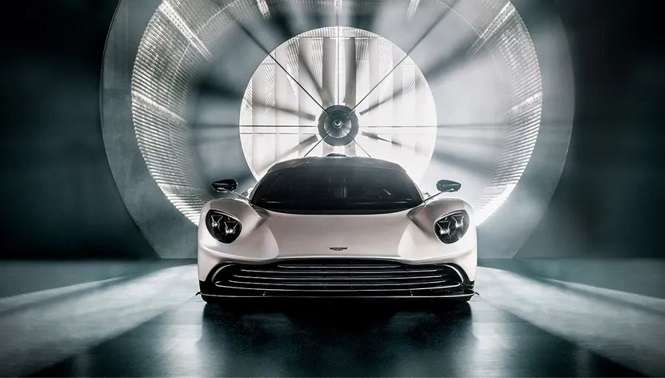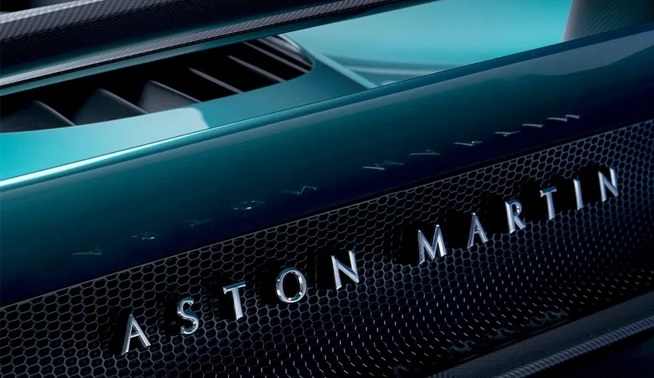Aston Martin delays the arrival of its first electric vehicle for another year but gives clues about its first four models.
Numerous automakers, particularly those with lesser market shares, are facing a constant beginning in 2024: the decline in demand for electric vehicles is causing many companies to adjust their electrification strategies.

The recent news features Aston Martin as the main character, but it was the main character not too long ago. The British company had originally scheduled the release of its first entirely electric car for 2025, but in February, they decided to push back the timeline to 2026 instead of 2025. Since the company’s president, Lawrence Stroll, has cautioned that it won’t arrive until 2027, add one more number.
As for Aston Martin, we already knew that the company would concentrate on introducing plug-in hybrid cars, which will mix electric mechanics with both Mercedes AMG’s V8 and its own V12 engines to boost performance. With F1 technology, the Valhalla will lead the way, but when it comes to “regular” production cars, the DBX SUV may be the trailblazer.
During the release of the brand’s 2023 results, Stroll stated, “Consumer demand for electric cars, at an Aston Martin price, is not what we thought it was going to be two years ago.”
Aston Martin is afraid of losing its customers.
The British brand has essentially advanced much of the development work on the electric platform, which we remember will have a committed investment of at least 2.3 million euros in cutting-edge technologies. That is something that Lawrence Stroll has acknowledged in statements compiled in PistonHeads. Incidentally, that’s where Lucid’s technology is useful for buyers.

“We intended to introduce the first vehicle in 2025, the following year. We were prepared to proceed, but the market for electric vehicles is currently experiencing more buzz due to political factors than customer desire.
Stroll understands that Aston Martin is changing its stance on electric vehicles as a result of the high cost of its vehicles, and the lack of interest shown by its clientele. Fundamentally, it’s a concern of losing its ‘ small’ clientele, who still want fast sports cars and, most importantly, automobiles with sound. “People want some electrification but still have the smell, feel, and sound of a sports car.”
A sports car (in GT format? ), an SUV, a crossover, and a hypercar are the first four products that will be supported by the technology already built, according to the president of the British company.
Aston Martin will concentrate more on its plug-in hybrid vehicles (PHEVs), which may even remain on the market past 2030, until the next date on the calendar, 2027. The company has no plans to cease selling them: “We will keep making them as long as it’s legal to do.” Lawrence Stroll said, “I think there will always be demand, even though it will decrease.”
Source- PistonHeads
Related Post
